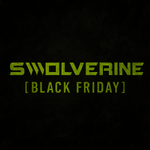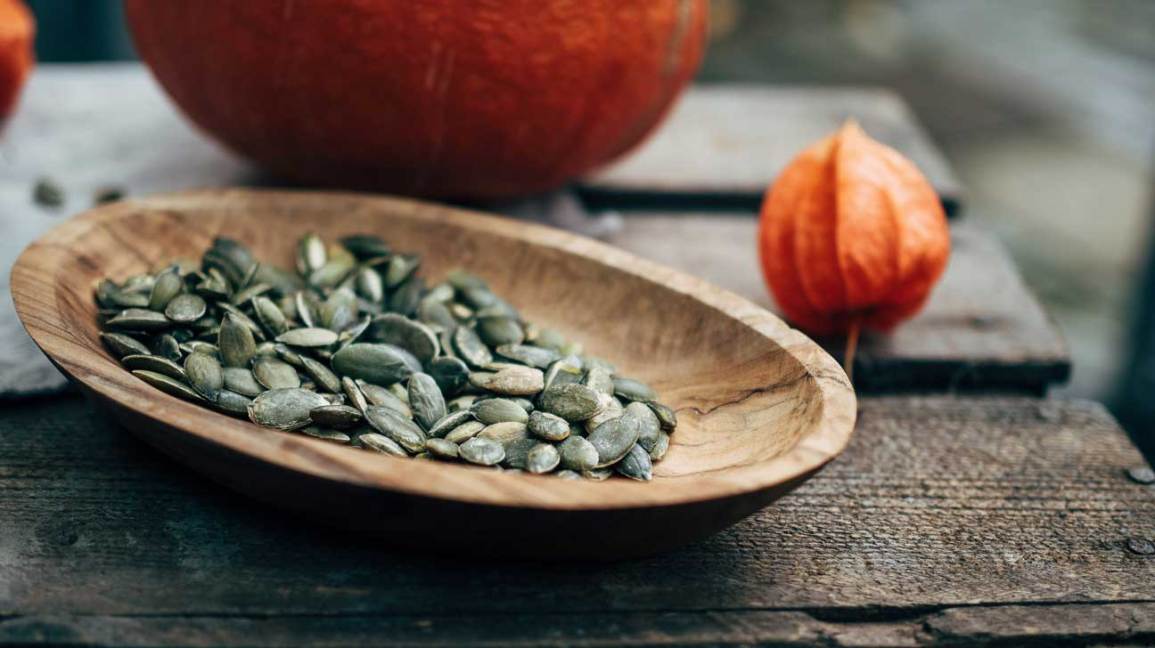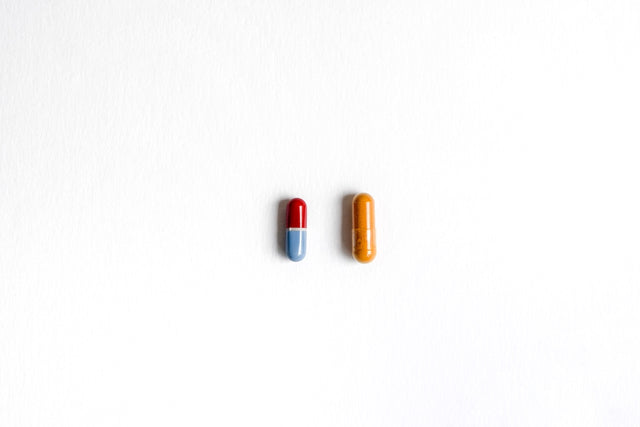What do you think about when you hear the word Zinc? Personally, I think of heavy metals, the periodic table, and since I have a hard time sleeping I think of ZMA supplements (Zinc, Magnesium, Vitamin B6) seeing that ZMA helps with getting better quality rest.
Zinc is the second most distributed trace element and essential micronutrient in the human body, behind iron. Zinc has many known health benefits in cellular function, specifically human metabolism and regulating gene expression.
But what is Zinc really good for? What are the benefits? And why do people supplement with Zinc? We’ll answer these questions and many more in this Ultimate Guide To Zinc.
What Is Zinc
Zinc is a ubiquitous micronutrient involved in maintaining the homeostatic integrity of human bodily functions, including immune efficiency and human metabolism. Zinc is also a cofactor for numerous enzymes including DNA and RNA replication protein structure, and protein synthesis. Indubitably, Zinc has many benefits and plays an imperative role in human biological process and cellular function from a granular level to support major biological function [R, R]
What Is Zinc Good For
Zinc deficiency affects over two billion people worldwide and ranks as the 11th major risk around the globe in regards to malnutrition and is associated with 1.8 million deaths annually [R] Malnourishment can lead to zinc deficiency which can cause several extreme health-related conditions and symptoms such as
- Stunted growth
- Delayed puberty
- Erectile dysfunction
- Diarrhea
- Alopecia
- Glossitis
- Nail dystrophy
- Hypogonadism (in males)
- Decreased immunity [R,R]
Inflammatory bowel disease (IBD) such as Chrons and Ulcerative Colitis are also associated with Zinc deficiency, since these diseases are characterized by intestinal hyper-permeability, leading to malabsorption.
RELATED ARTICLE What 14 Studies Stay About L-Glutamine As A Treatment For Inflammatory Bowel Disease
In addition to treating a wide array of zinc deficient symptoms, zinc can also alleviate a number of other conditions like upper respiratory infection (the common cold) wound healing, and human immunodeficiency virus (HIV).
Benefits Of Zinc
1. Zinc Enhances Natural Testosterone Levels
According to a study done at School of Physical Education and Sports in Selçuk, Turkey 10 male elite wrestlers were administered 3mg of zinc per day for four weeks supplemented with their conventional diet. The results indicated that total and free testosterone levels were significantly higher following zinc supplementation without preventing the inhibition of testosterone concentration [R]
Another study published in the journal Nutrition conducted at Wayne State University ran a randomized control trial with 40 adult men from 20-40 years of age. After six months of treatment with 30mg of Zinc per day, serum testosterone concentration and levels significantly increased amongst all ages [R]
RELATED ARTICLE How To Naturally Increase Testosterone Levels
2. Zinc Support Immune System Health
One of the many great benefits of Zinc, is its ability to boost your immune health, specifically through signaling T-cell activation, which helps control and regulates the immune response. Zinc is also crucial for normal human development and cells mediating innate immunity, which suggests that it has a role in the prevention of free-radical damage and inflammatory responses [R]. Since zinc is essential for virtually every cellular process, observations during zinc deficiency indicate that the absence of this trace element severely affects the immune response [R]
RECOMMENDED PRODUCT Immune Health Stack
3. Zinc Helps Treat the Common Cold & Upper Respiratory Infection
According to a systematic review published in the Open Respiratory Medical Journal, Zinc lozenges were assessed to treat the common cold and upper respiratory infections. Out of thirteen randomized controlled trials, five of them used a total daily zinc dose of 75mg or more and uniformly found a 42% reduction in the duration of colds. The review concluded that high doses of zinc could effectively reduce the duration of the common cold when administered at a higher dose of 75mg or more [R].
RELATED ARTICLE How To Stay Healthy And Avoid Getting Sick
4. Zinc Helps Heal Wounds
Zinc plays a pivotal role in maintaining skin integrity and structure. Those that experience chronic inhalable wounds or ulcers often have a zinc deficiency or lower serum zinc levels. Research suggests that topical zinc, may, in fact, help heal ulcers and wounds, by re-colonizing the epithelial cells and decreasing inflammation. When zinc is directly applied to wounds, it not only corrects a local zinc deficit but also helps assist the body pharmacologically.
What’s The Recommended Dose Of Zinc?
If you have children, it's especially important for them to get an adequate amount of zinc in their diet. Even a modest zinc deficiency can lead to stunted growth, increased risk of infection, and upper respiratory issues.
How Much Zinc Should I Take For A Cold?
If you’re supplementing with zinc to alleviate common cold symptoms and upper respiratory issues, research suggests that you take at least 75mg or more to expedite the recovery process.
What Foods Have The Most Zinc?
If you eat a relatively healthy diet, that includes lean proteins and quality carbohydrates, then your zinc intake should be more than sufficient. The best sources of zinc come from beans, animal proteins, nuts, fish, and dairy products. Vegetarians require nearly 50% more zinc, due to the low bioavailability of zinc in plant-based foods [R]
FOODS WITH THE HIGHEST REPORTED AMOUNT OF ZINC ARE
- raw oysters (Pacific), 3 ounces: 14.1 milligrams
- beef, lean chuck roast, braised, 3 ounces: 7.0 milligrams
- baked beans, canned, ½ cup: 6.9 milligrams
- crab, King Alaskan, cooked, 3 ounces: 6.5 milligrams
- ground beef, lean, 3 ounces: 5.3 milligrams
- lobster, cooked, 3 ounces: 3.4 milligrams
- pork loin, lean, cooked, 3 ounces: 2.9 milligrams
- wild rice, cooked, ½ cup: 2.2 milligrams
- peas, green, cooked, 1 cup: 1.2 milligrams
- yogurt, plain, 8 ounces: 1.3 milligrams
- pecans, 1 ounce: 1.3 milligrams
- peanuts, dry roasted, 1 ounce: 0.9 milligrams
RELATED ARTICLE Zinc Rich Foods
Zinc Health Benefits: Takeaway
Since you’re now an expert on Zinc, you can see how critical it is to your immune health. Zinc one of the body's most vital trace elements and it’s important that you obtain the recommended dietary allowance (RDA) either through your diet or by supplementation. Not to mention, if you’re feeling a bit under the weather, it can help alleviate your symptoms and get you back to feeling great in no time.
Looking For A High-Quality Natural Testosterone Booster?
SWOLVERINE IS AN ENDURANCE ATHLETE AND ACTIVE LIFESTYLE BRAND. MADE FOR THE ELITE ATHLETE, AND THE STRONG-WILLED OUR PRODUCTS WERE DESIGNED TO FUEL YOUR ATHLETIC PERFORMANCE. WE PERFORM WHEN YOU PERFORM.
We believe that everyone can optimize not only their athletic performance but their human potential. The way we believe we can optimize performance is through transparency, clinically effective doses, and clinically proven ingredients with evidence-based outcomes. We provide the nutrients you need to power your active lifestyle.
References
Saper, Robert B and Rebecca Rash. “Zinc: an essential micronutrient” American family physician 79,9 (2009): 768-72.
Mcclung JP, Scrimgeour AG. Zinc: an essential trace element with potential benefits to soldiers. Mil Med. 2005;170(12):1048-52.
Review Zinc in human health: effect of zinc on immune cells. Prasad AS Mol Med. 2008 May-Jun; 14(5-6):353-7.
King JC. Zinc. In: Shils ME, Shike M, editors. Modern Nutrition in Health and Disease. 10. Philadelphia, Pa: Lippincott Williams & Wilkins; 2006. pp. 271–285.
Institute of Medicine (U.S.) DRI: Dietary Reference Intakes for Vitamin A, Vitamin
K, Arsenic, Boron, Chromium, Copper, Iodine, Iron, Manganese, Molybdenum, Nickel, Silicon, Vanadium, and Zinc. Washington, DC: National Academy Press; 2001.
Kilic M, Baltaci AK, Gunay M, Gökbel H, Okudan N, Cicioglu I. The effect of exhaustion exercise on thyroid hormones and testosterone levels of elite athletes receiving oral zinc. Neuro Endocrinol Lett. 2006;27(1-2):247-52.
Prasad AS, Mantzoros CS, Beck FW, Hess JW, Brewer GJ. Zinc status and serum testosterone levels of healthy adults. Nutrition. 1996;12(5):344-8.
Hemilä, Harri. “Zinc lozenges may shorten the duration of colds: a systematic review” open respiratory medicine journal 5 (2011): 51-8.
Haase H, Rink L. Multiple impacts of zinc on immune function. Metallomics. 2014;6(7):1175-80.
Singh M, Das RR. Zinc for the common cold. Cochrane Database Syst Rev. 2011;(2):CD001364.
Nordqvist, Joseph. “Zinc: Benefits, Intake, Sources, Deficiency, and Side Effects.” Medical News Today, MediLexicon International, 5 Dec. 2017, www.medicalnewstoday.com/articles/263176.php.







